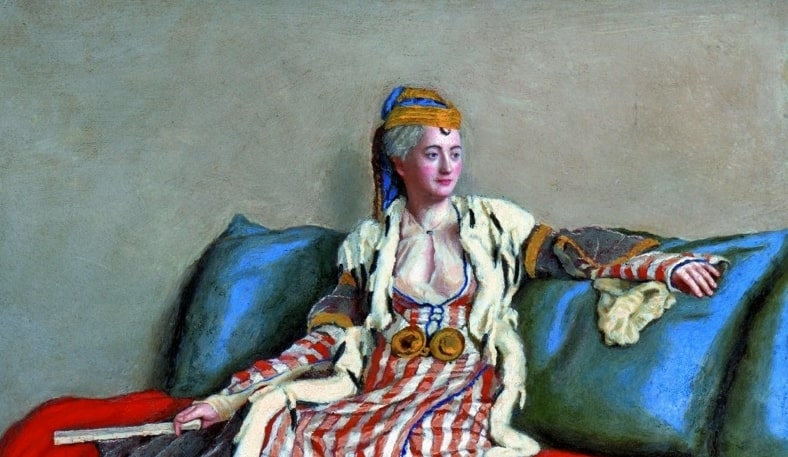
In 1717-18, during her journey to Europe’s nearest Orient with her husband, who was then doing a brief stint as Britain’s ambassador to the Porte, Lady Mary took the opportunity to engage in the ultimately reflexive exercise of writing an account of her travels, the Turkish Embassy Letters. To be found or expected in this World … but I ought to give you another Information, which can only be learned by Experience, that Liberty is an Idea equally as chimerical, and has no real existence in this Life.’2 Made towards the end of her life, this sombre advice reflects what is known of her life’s experience, for Montagu’s life and letters are a testimony to her own tenacious quest for a personal sort of liberty, both intellectual and sensual in nature, which was difficult for her to achieve within the constraints of her society.

Lady Mary Wortley Montagu, Turkish Embassy Letters 1Īlmost 40 years after she wrote these now famous words to her sister in 1717, Lady Mary Wortley Montagu again addressed the question of liberty in a letter to her daughter: ‘You have long been convinced there is no real Happyness ‘Tis very easy to see they have more Liberty than we have … Now I am a little acquainted with their ways I cannot forbear admiring either the exemplary discretion or extreme Stupidity of all the writers that have given accounts of ’em. I conclude that though class has been relatively neglected in recent readings of travel narratives, class based discourses play an important role in the construction of difference and should be accorded greater attention in the literature.Īs to their Mortality or good Conduct, I can say like Arlequin, that ’tis just as ’tis with you, and the Turkish Ladys don’t commit one sin the less for not being Christians. I argue that Montagu’s travel narrative reproduces dominant discourses which naturalize class relations of her times, even and especially in moments when gendered or Orientalist expectations are subverted. The reading of the Letters presented in this paper situates Montagu’s text, including her famous claim that Turkish women have more liberty than British women, within the material and discursive context of eighteenth-century England and the geopolitical relations of the day.


During their sojourn, Montagu composed what would become her most famous writings: the collection of edited letters which constitute the Turkish Embassy Letters. Abstract: In 1717, Lady Mary Wortley Montagu accompanied her husband, Edward Wortley Montagu, on his ambassadorial mission to the Ottoman court.


 0 kommentar(er)
0 kommentar(er)
